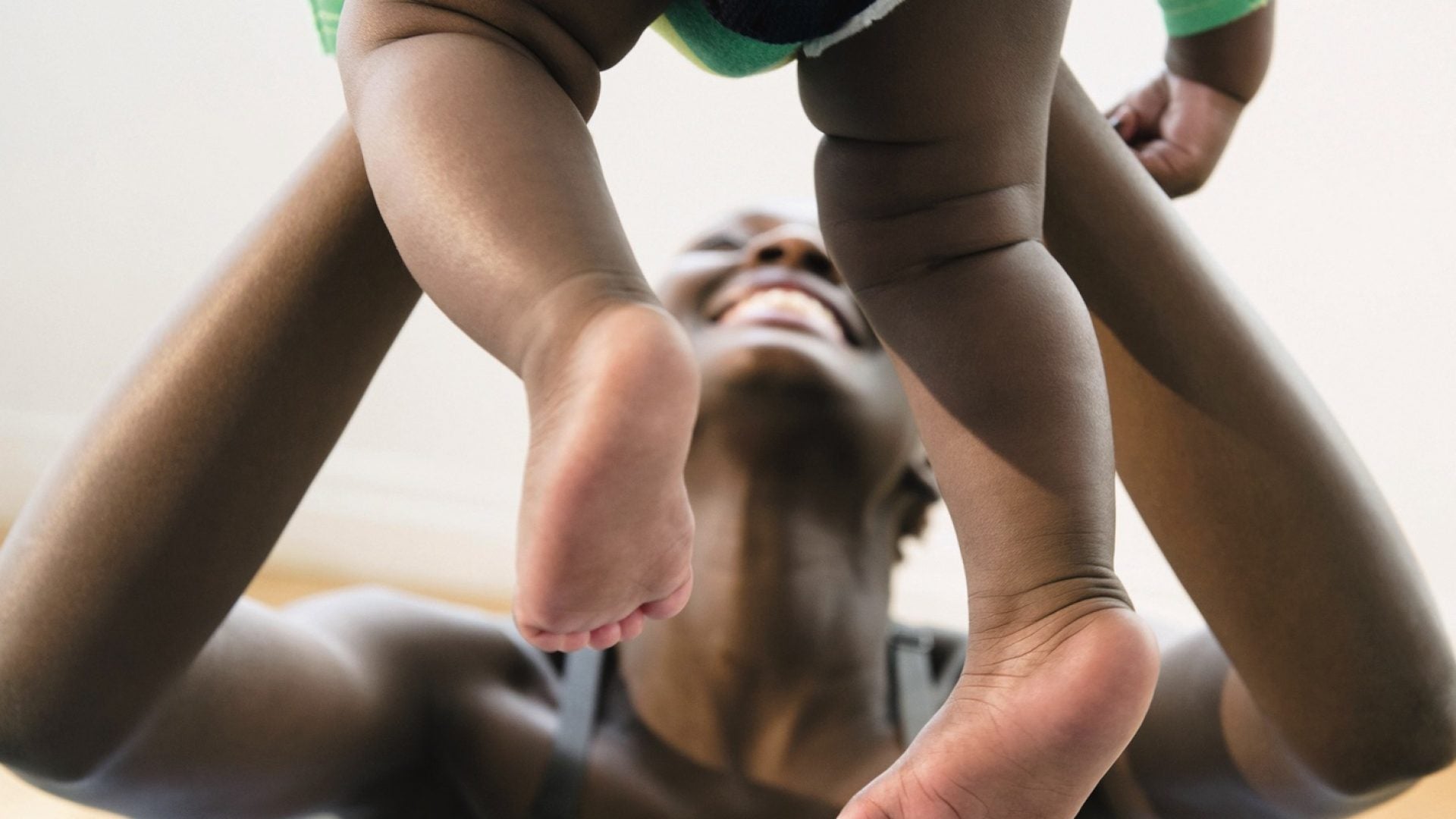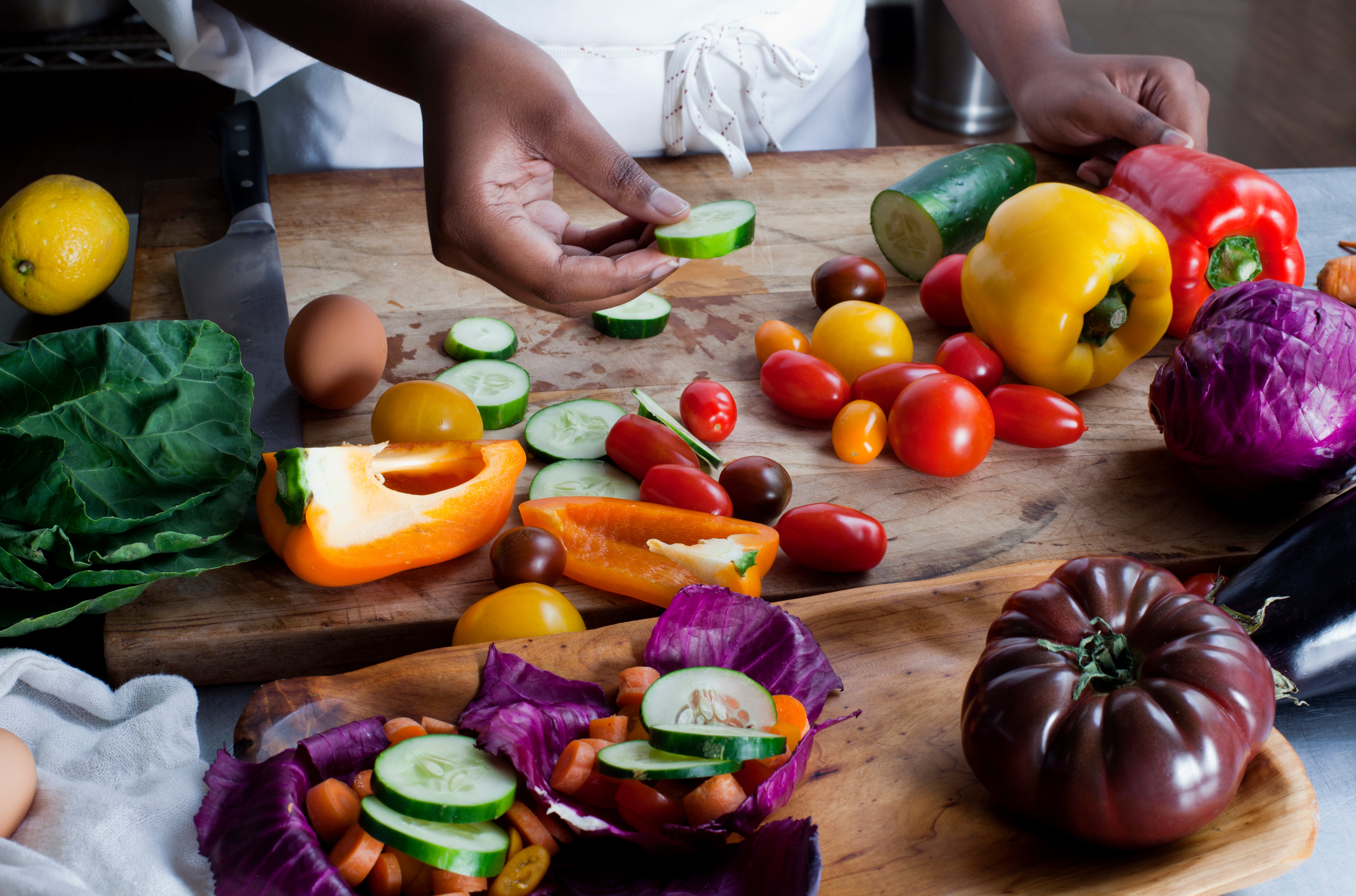
Starting a family is a life-changing decision—in the best way possible. But as with any milestone, there’s much to consider. Ovulation timeline, age and preexisting health conditions are all factors that can affect your success in getting pregnant. And for Black women, whose risk of pregnancy-related death is three to four times higher than white women’s, according to the CDC, taking our health seriously is all the more critical. If you’re thinking about pregnancy or have already conceived, here are tips on getting your body ready for your new bundle of joy.
Start exercising regularly.

Getting fit before pregnancy is one simple lifestyle change that will make a world of difference. “Strength training prepares the body to carry the weight of the baby during and after pregnancy,” says Lauren Buckner, founder of Body by Buckner. “Having strong legs and glutes to support you is key. Women trying for a baby should introduce more lower-body exercises. Squats are perfect to prepare the hips, legs, glutes and core.”
Increase nutrients.

A well-balanced diet of fruits, vegetables, lean protein, whole grains, and dairy will promote the normal functioning of your reproductive system, according to the American Pregnancy Association. “You are growing a human being that is counting on your body to supply all of the baby’s nutritional needs,” says Los Angeles–based ob-gyn Nita Landry, who travels to treat patients.
Take prenatal vitamins.

Though we get lots of nutrients from what we eat, vitamin supplements offer additional support to pregnancy and the mommy-to-be. “Prenatal vitamins are a great idea prior to pregnancy to increase the folic acid levels, which are important for fetal-spine development and decreasing the risk of spina bifida,” says Atlanta OB-GYN Tosha Rogers.
Make sure your doctor knows your medical history.

Perhaps the most important factor to consider when trying for a baby are any preexisting conditions that can put your health and the fetus in danger. “Black women are at higher risk for pregnancy comorbidities [health issues that could affect pregnancy] due to the trickle-down effects of racism in all aspects of our country’s infrastructure, as well as from our cultural lifestyle,” says Andrea Alexander, a Houston OB-GYN. “Uncontrolled medical problems increase the risk of hemorrhage and strokes, so if you have preexisting conditions like diabetes or high blood pressure or some other comorbidity, visit your primary care physician to get it under control before becoming pregnant.”
This article originally appeared in the January/February issue of ESSENCE Magazine, on newsstands now.